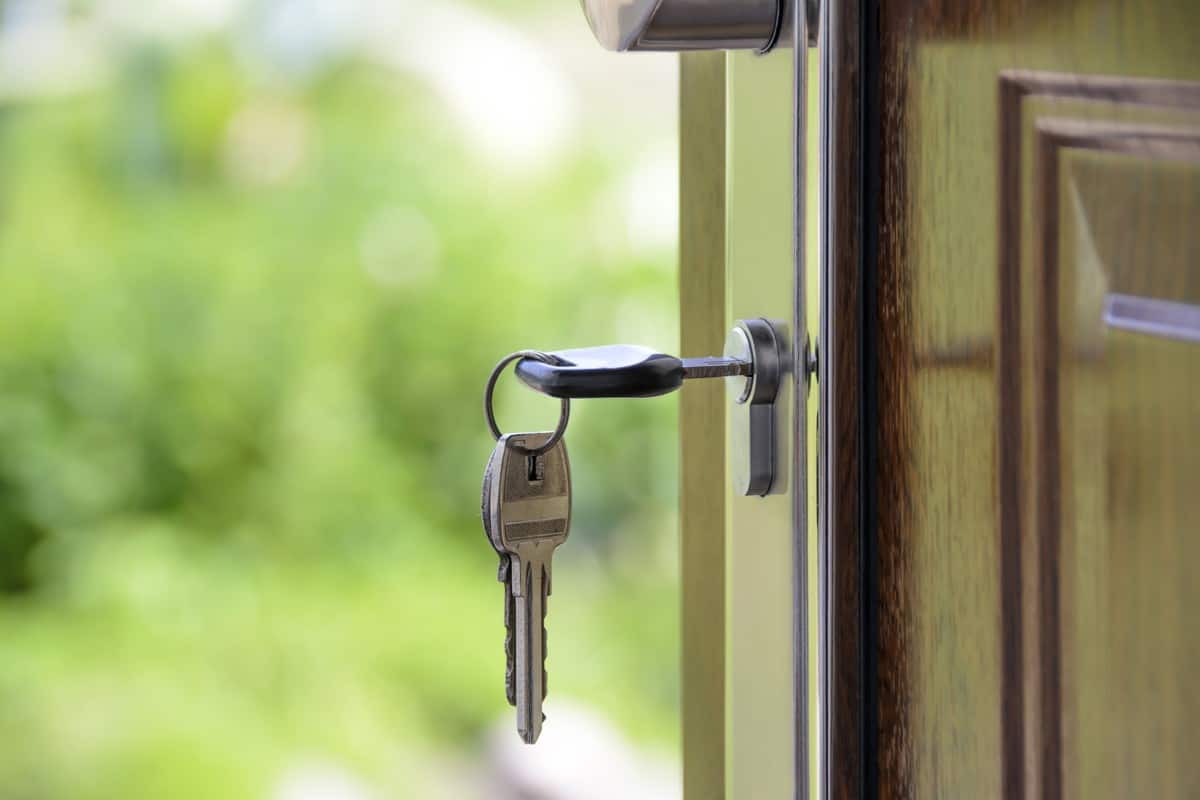A subprime mortgage is a type of home loan given to those with less than perfect credit who are unable to qualify for the prime lending rate. Subprime mortgages usually have higher interest rates because the lender sees it as a “risk” to loan out the money.
What Makes a Mortgage “Subprime”?
Subprime mortgages are not blatantly labeled as “subprime” so you may know more about subprime mortgages than you think. Subprime mortgages are essentially mortgages with higher interest rates in order to protect the lender because the loan is seen as a risk. These are usually given to those with lower credit scores (credit scores of about 640 or less) because on paper it looks like the borrower may have a difficult time paying back the loan. Of course, there could have been an unfortunate incident that caused this to happen, but because subprime mortgages exist, these individuals are still able to purchase a home.
Although subprime mortgages have higher interest rates, it does not automatically mean that the homeowner has bad credit. The homeowner could choose to have a subprime mortgage for a variety of reasons such as a lower monthly payment. There are even mortgages that are offered to those with less than perfect credit, yet they are not considered to be a subprime mortgage.
Fixed Rate Subprime Mortgages
The term for a home loan is usually about 30 years. A 30- Year fixed rate mortgage is the most popular option with 90% of homeowners choosing this option. A 30-Year fixed is a great option because of how long the term is. With 30 years, the monthly payments are pretty low and affordable, making it great for both first time home buyers and experienced home buyers.
Depending on where you want to live, extending the term to 40 years might be a good idea if you chose to live someplace where the cost of living and the property values are very high. Extending the term an additional ten years will make the monthly payment even more affordable, allowing the homeowner to enjoy their living space and quality of life.
In this situation, a longer term mortgage isn’t seen as bad. In fact it might be a good move for the homeowner so that they would not be struggling to make their payments every month. There are circumstances where people need to relocate for work and they might be put in a more expensive area. While the employer should adjust their salary to reflect these changes, it does not necessarily mean that it will happen. Because the extending of the term has resulted in a higher interest rate than conventional mortgages, this is why it would be considered a subprime mortgage.
Adjustable Rate Subprime Mortgages
An adjustable rate mortgage, more commonly known as an ARM, is a type of mortgage that has a fixed interest rate for several years. This window of time is called the initial period and after the initial period ends, the interest rate will then adjust to the market accordingly. The initial period usually lasts for 5, 7, or 10 years. Even though the fixed interest rate during the initial period is low, the higher interest rates for the rest of the term are why it is seen as a subprime mortgage.
While it can seem scary to sign up for a mortgage where the interest rate isn’t fixed for the entire term, having an ARM has its benefits. If you already know that you won’t be living in your home for more than several years, an ARM is a great option. You could take advantage of the low monthly mortgage payments during the initial period and before the interest rate has a chance to adjust, you will already have sold the home, paid back the rest of the loan with the proceeds of the sale, and moved onto your next location. While an ARM is considered “subprime”, there are people who have higher credit scores who choose this option to take advantage of the lower monthly payments.
As said before, just because an ARM is considered a subprime mortgage, that doesn’t reflect on you as a person. People choose to have an ARM because they are anticipating a higher income in the future so that they would be able to afford the monthly payments in the future. A doctor in residency would be the perfect candidate for an ARM. A doctor that is in residency is still a doctor and earning income, but they are in graduate medical training. Once they have completed their residency, they will be earning much more to offset the cost of the higher interest rate.
Interest-Only Subprime Mortgages
An interest- only mortgage is a type of mortgage that lets the borrower pay only the interest for a certain amount of time. This is also called the “initial period” and usually lasts for 5, 7 or 10 years. During the initial period of an interest- only mortgage, the homeowner pays only the interest and not the principal. Because the payments have only been going to paying off the interest, the monthly payments will increase once the initial period has ended. These types of mortgages are not very common, but some lenders still offer this product.
The best candidate for an interest-only subprime mortgage is someone who is looking to pay back the loan in a short amount of time, but needs to have a very low monthly payment for the time being. If a homeowner wanted to move into a different home and wanted to take advantage of the selling price before it goes up, an interest-only mortgage would benefit them. The homeowner would be able to afford the low interest-only payments while property values rise in order to sell the current home for more money. Once the home is sold, they would then take the proceeds from the sale and pay off the interest-only mortgage.
This is a scenario that people face, but managing two different mortgage payments can be costly. Having an interest-only mortgage can help to alleviate any financial strain the second mortgage could be causing.
Are FHA Loans Considered Subprime?
FHA Loans are a type of mortgage that are insured by the Federal Housing Administration and can only be issued by approved lenders. FHA Loans are sometimes compared to subprime mortgages because they are offered to those with lower credit scores and don’t require the traditional down payment of 20%. In fact, the minimum down payment needed for a FHA Loan is only 3.5% however, because the down payment is less than the usual required amount, the borrower is required to purchase FHA Mortgage Insurance in order to protect the lender.
Even though an insurance policy is required to be taken out and it is offered to those with lower credit scores, a FHA Loan is not a subprime mortgage. A FHA Loan is a mortgage, but it is also insured by the government. FHA Loans are a government loan and there are many credentials that the borrower must provide in order to be approved such as proof of employment of 2+ years at the same company, paycheck stubs, W2s, tax returns, etc. Because FHA Loans are backed by the government and have more requirements in order to get approved, the borrower will get a competitive interest rate, which is why FHA Loans are not subprime mortgages.
Are VA Loans Considered Subprime?
No, VA Loans are not a subprime mortgage. Like FHA Loans, VA Loans are backed by The Department of Veteran Affairs (The VA) which means that VA Loans are also a government loan. VA Loans do not require a down payment nor does it require mortgage insurance. VA Loans also don’t require high credit scores. While all three of these qualities would usually result in an astronomical interest rate due to no down payment and no mortgage insurance, VA Loans will still get competitive interest rates.
Overall Thoughts
The term “subprime mortgages” has a negative connotation, thanks to the mortgage crisis and the journalists that detailed the events. While it sounded like subprime mortgages are a danger, this is not the case. This simply means that it has a higher interest rate than other mortgages and depending on your situation, going with a subprime mortgage might do you more good than a prime mortgage would. A subprime mortgage also helps those with lower credit scores who also have a dream of being a homeowner and turns their dream into a reality.
If you’re thinking of going with a subprime mortgage, it is important to ask your lender questions so that it benefits you. If you first bought your home with a subprime mortgage and the benefits you once had no longer apply to your current situation, you can refinance into a prime mortgage and take advantage of the lower interest rates that they offer.



